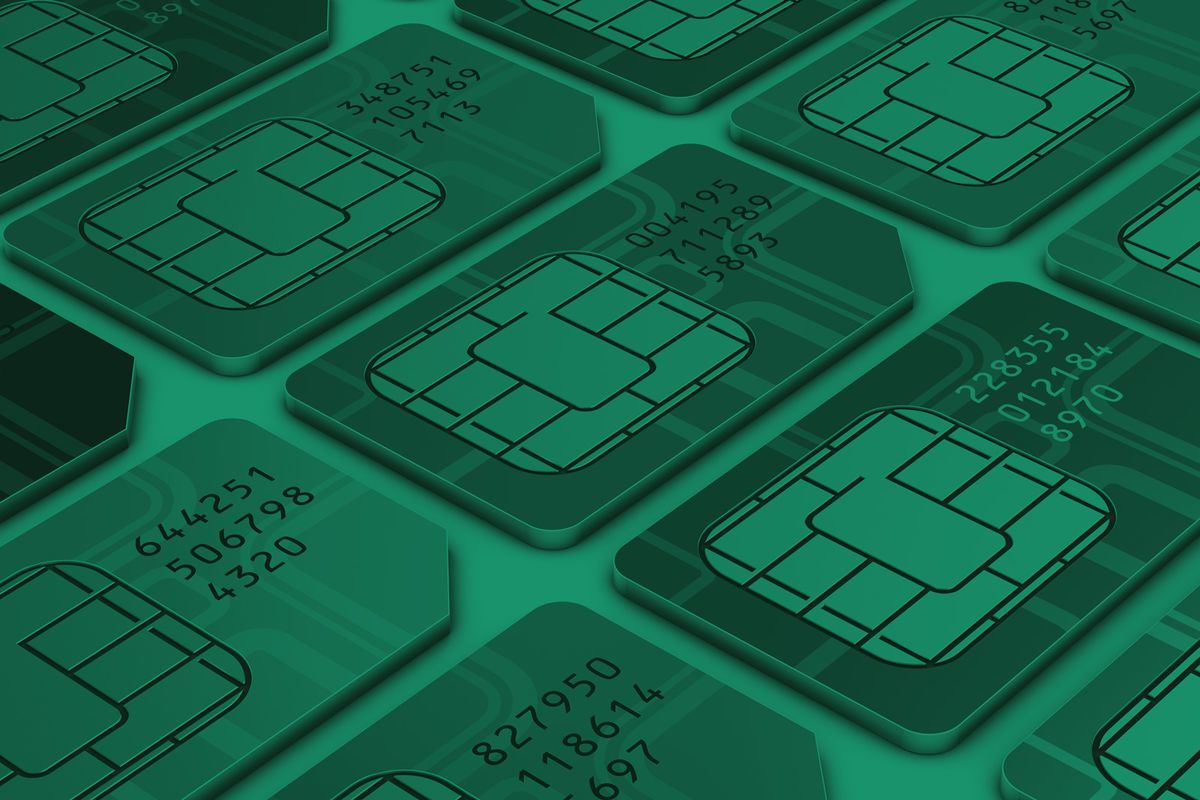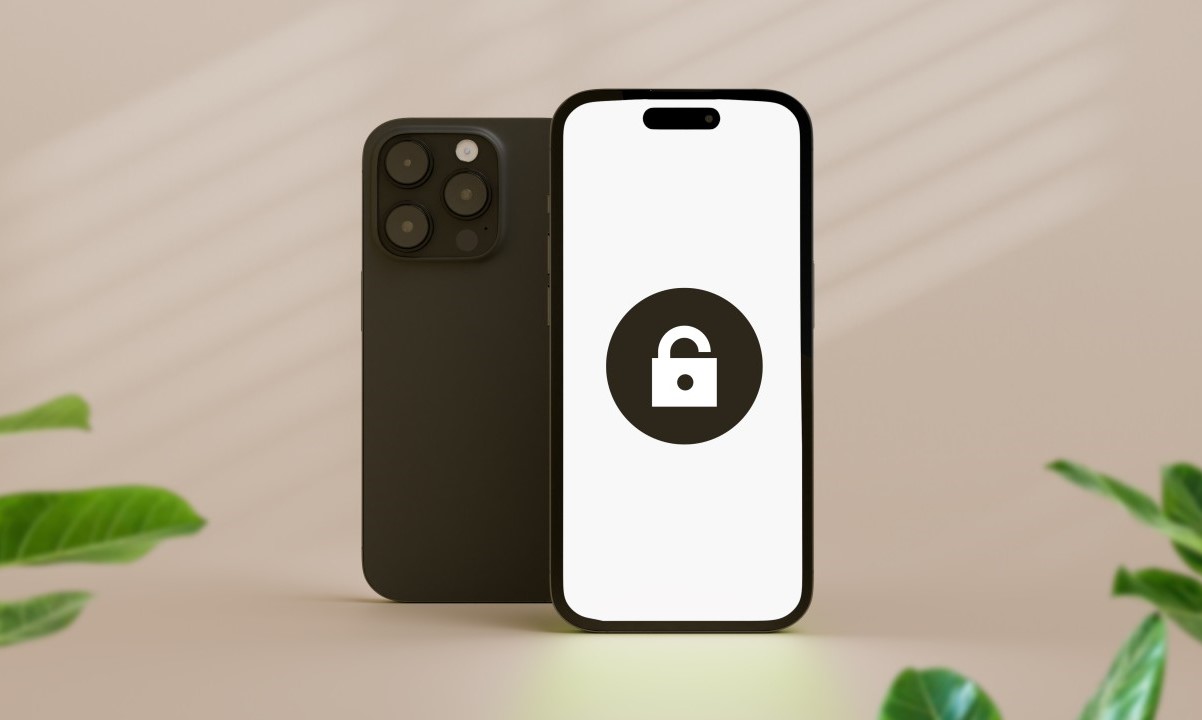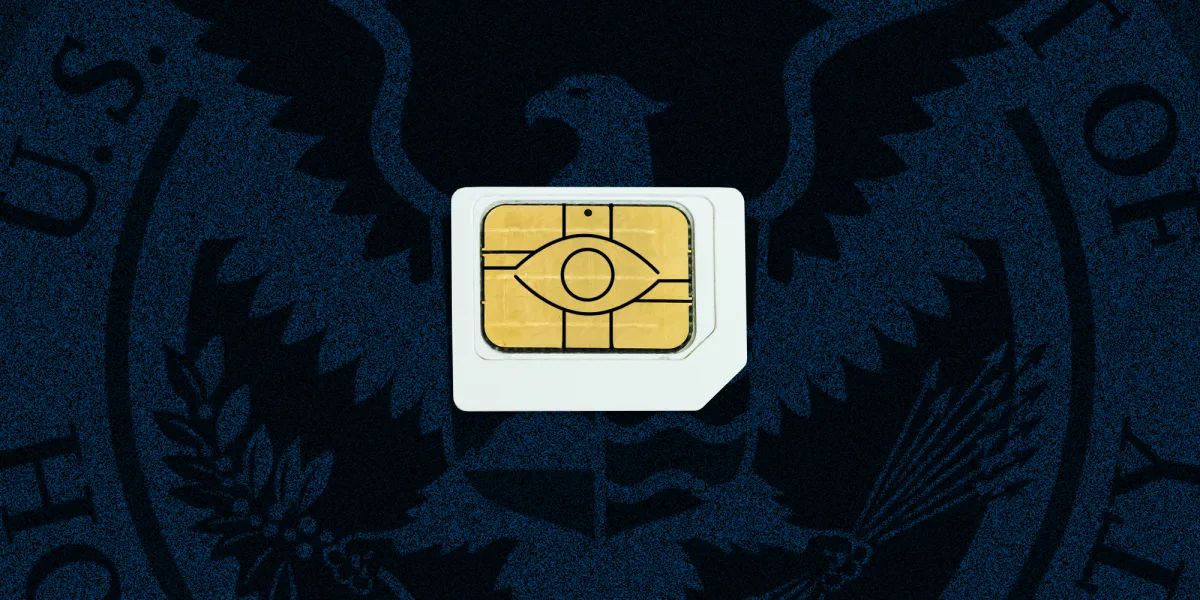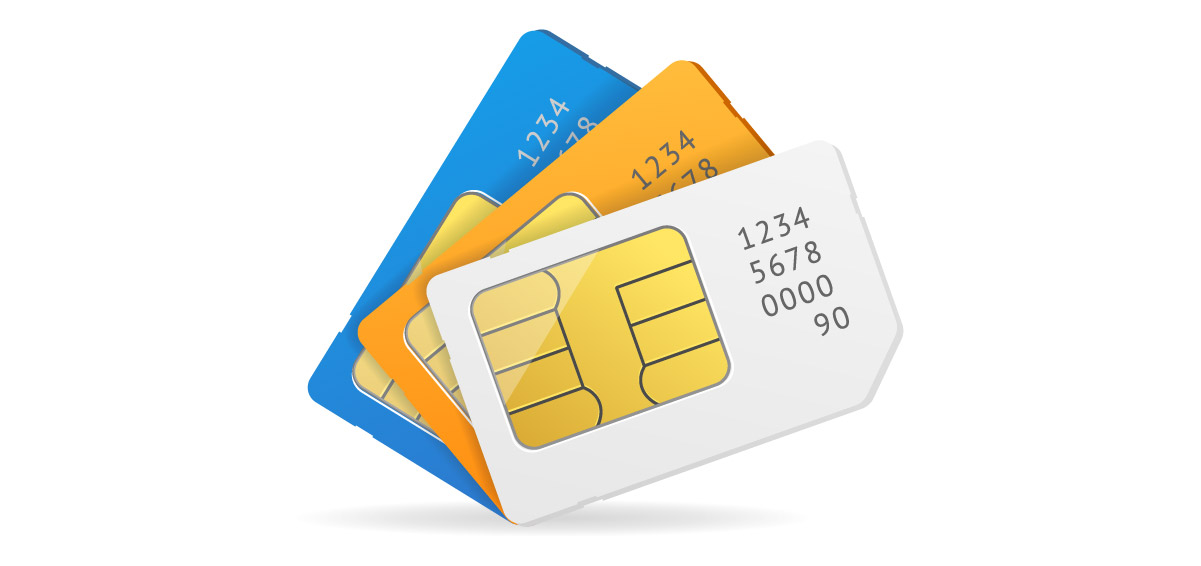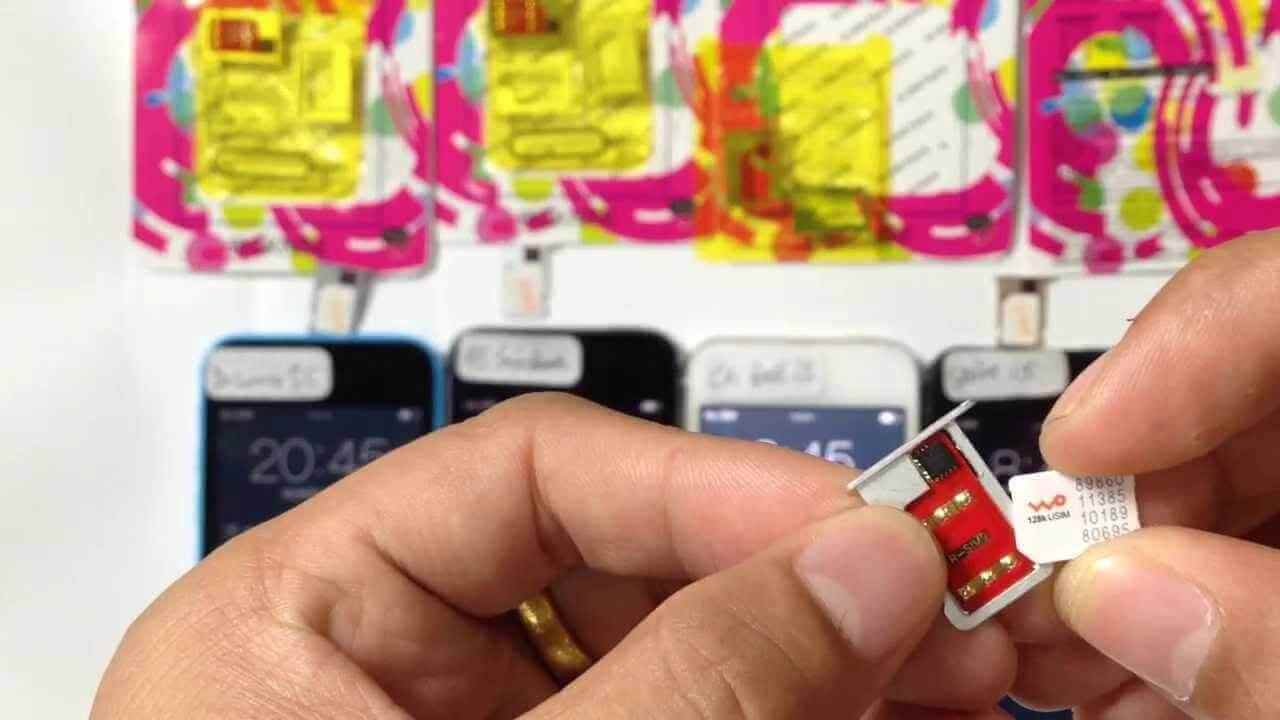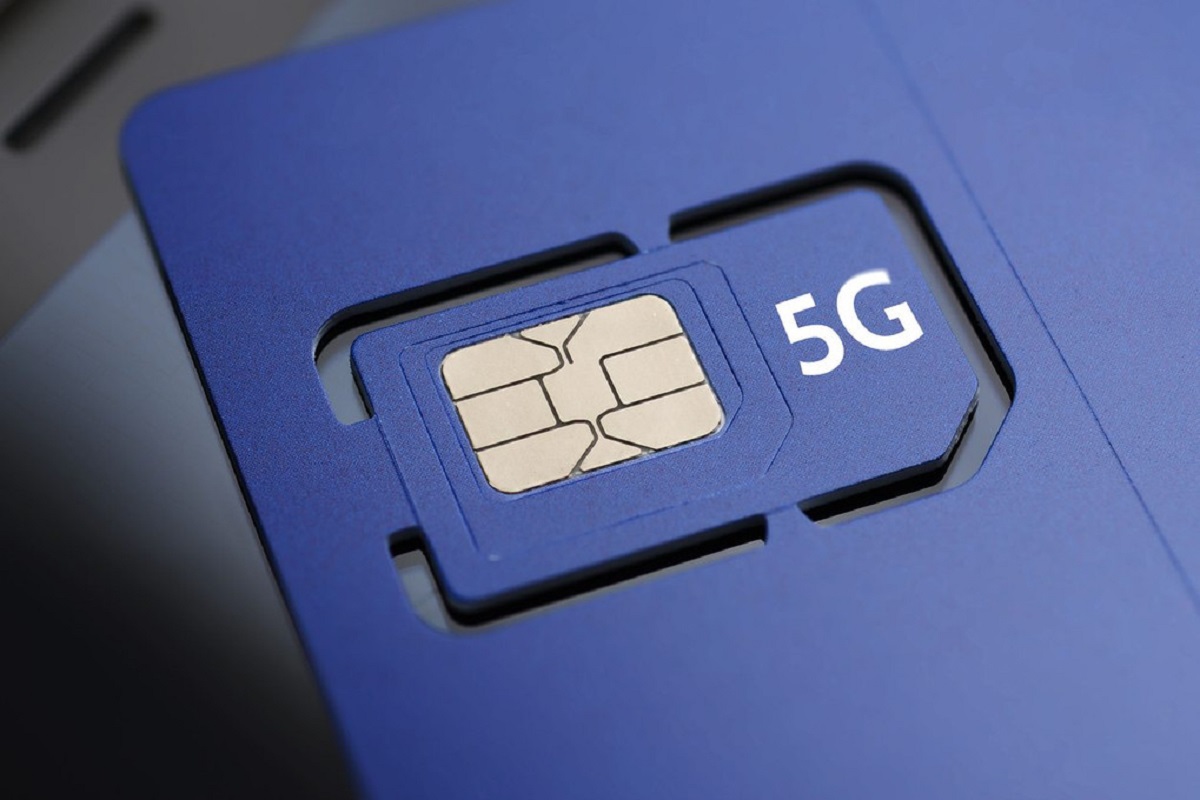Introduction
In today's digital age, the use of mobile devices has become ubiquitous, with SIM cards serving as the linchpin of connectivity. However, the proliferation of technology has also given rise to sophisticated cyber threats, including SIM card cloning. This nefarious practice involves creating a duplicate SIM card that can potentially grant unauthorized access to a user's mobile network and sensitive information. As such, it is crucial for mobile device users to be aware of the dangers posed by SIM card cloning and take proactive measures to safeguard their personal data and privacy.
SIM card cloning is a clandestine process that involves creating a replica of an individual's SIM card without their knowledge or consent. This illicit activity can be carried out using specialized hardware and software, enabling cybercriminals to effectively impersonate the legitimate user and gain access to their private communications, contacts, and other sensitive data. Moreover, the cloned SIM card can be used to place unauthorized calls, incur charges, and perpetrate fraudulent activities, all of which can have severe repercussions for the unsuspecting victim.
As technology continues to advance, so too do the methods employed by cybercriminals to exploit vulnerabilities in mobile networks and devices. SIM card cloning represents a significant threat to individuals, as it can result in financial losses, identity theft, and breaches of privacy. Furthermore, the potential for malicious actors to exploit cloned SIM cards for illegal activities underscores the urgent need for heightened awareness and proactive measures to mitigate this risk.
In the subsequent sections of this article, we will delve deeper into the intricacies of SIM card cloning, exploring how it works, the associated risks and consequences, signs that indicate a SIM card has been cloned, and crucial strategies for protecting against this insidious threat. By gaining a comprehensive understanding of SIM card cloning and its implications, individuals can empower themselves to take the necessary precautions and safeguard their mobile devices and personal information from malicious exploitation.
How SIM Card Cloning Works
SIM card cloning is a sophisticated and illicit process that involves replicating the unique identifier of a legitimate SIM card onto a separate SIM card, thereby creating a duplicate that can be used to access the mobile network and associated services. The methodology employed in SIM card cloning exploits vulnerabilities in the authentication and encryption mechanisms used by mobile networks. Here's a detailed breakdown of how SIM card cloning works:
-
Obtaining the IMSI: The International Mobile Subscriber Identity (IMSI) is a unique identifier assigned to every SIM card. Cybercriminals can obtain the IMSI from the target SIM card using specialized hardware and software, such as SIM card readers or IMSI catchers. This information serves as the foundation for creating a cloned SIM card.
-
Extracting the Ki: The Ki (Authentication Key) is a highly sensitive and confidential value stored within the SIM card's hardware. It is used to authenticate the user's identity and secure communications. Through various means, including exploiting security flaws or leveraging insider access, cybercriminals can extract the Ki from the target SIM card.
-
Writing the IMSI and Ki to a Blank SIM Card: Armed with the IMSI and Ki, the cybercriminals can then proceed to write this information onto a blank SIM card using specialized SIM card writing hardware and software. This effectively creates a cloned SIM card that mirrors the identity and authentication credentials of the original SIM card.
-
Activating the Cloned SIM Card: Once the cloning process is complete, the cloned SIM card can be activated and used in a mobile device. From the perspective of the mobile network, the cloned SIM card appears indistinguishable from the original, allowing the cybercriminal to exploit the network services and potentially engage in illicit activities.
-
Exploiting the Cloned SIM Card: With the cloned SIM card in hand, cybercriminals can perpetrate a range of malicious activities, including eavesdropping on communications, intercepting sensitive data, placing unauthorized calls, and engaging in fraudulent transactions. The cloned SIM card effectively serves as a conduit for unauthorized access and exploitation of the mobile network and the legitimate user's identity.
In essence, SIM card cloning is a multifaceted process that involves the extraction, replication, and activation of sensitive authentication data, culminating in the creation of a clandestine duplicate that can be leveraged for nefarious purposes. As mobile networks continue to evolve, it is imperative for individuals to remain vigilant and implement robust security measures to mitigate the risks associated with SIM card cloning.
Risks and Consequences of SIM Card Cloning
SIM card cloning poses a myriad of grave risks and far-reaching consequences, encompassing financial, personal, and legal implications for the unsuspecting victims. Understanding these risks is crucial for individuals to comprehend the severity of SIM card cloning and take proactive measures to mitigate its impact.
Financial Implications
The financial ramifications of SIM card cloning can be substantial and devastating. Cybercriminals who gain unauthorized access to a cloned SIM card can exploit it to place unauthorized calls, incur charges for premium services, and engage in fraudulent transactions, all of which can result in exorbitant bills for the legitimate subscriber. Moreover, victims may find themselves held liable for expenses incurred by the malicious activities conducted using the cloned SIM card, leading to financial strain and potential disputes with service providers.
Identity Theft and Privacy Breaches
SIM card cloning opens the door to insidious forms of identity theft and privacy breaches. With access to a cloned SIM card, cybercriminals can intercept sensitive communications, access personal contacts, and gather confidential information, thereby compromising the victim's privacy and security. Moreover, the unauthorized use of the cloned SIM card can lead to the misrepresentation of the victim's identity, potentially tarnishing their reputation and causing emotional distress.
Legal and Regulatory Consequences
From a legal standpoint, SIM card cloning can result in a myriad of legal and regulatory repercussions for both the perpetrators and the affected individuals. The illicit use of a cloned SIM card to engage in fraudulent activities may lead to criminal charges and legal proceedings against the cybercriminals. Conversely, victims of SIM card cloning may face challenges in proving their innocence and absolving themselves of liabilities arising from the unauthorized use of the cloned SIM card, thereby entangling them in complex legal entanglements.
Disruption of Services and Communication
The unauthorized activation of a cloned SIM card can disrupt the legitimate user's access to mobile services, leading to communication breakdowns and inconveniences. Furthermore, if the cloned SIM card is used for malicious purposes, it can tarnish the reputation and trustworthiness of the legitimate subscriber, causing disruptions in professional and personal relationships.
Emotional and Psychological Impact
Beyond the tangible repercussions, SIM card cloning can also have a profound emotional and psychological impact on the victims. The violation of privacy, the sense of vulnerability, and the uncertainty surrounding the unauthorized use of their identity can lead to heightened anxiety, stress, and emotional distress, affecting the overall well-being of the individuals targeted by SIM card cloning.
In essence, the risks and consequences of SIM card cloning are multifaceted and far-reaching, encompassing financial, personal, and legal dimensions. By comprehending the severity of these risks, individuals can take proactive measures to safeguard their SIM cards and mitigate the potential fallout of this insidious cyber threat.
Signs that Your SIM Card Has Been Cloned
Identifying the signs that indicate a SIM card has been cloned is crucial for individuals to promptly detect any unauthorized activity and take remedial action. While SIM card cloning is a covert process designed to mimic the legitimate card's operations, there are telltale signs that may raise suspicion and warrant further investigation. Here are the key indicators that your SIM card may have been cloned:
-
Unusual Call or Data Activity: An abrupt surge in call or data usage on your mobile device, especially if you have not initiated such activities, could signal unauthorized use of a cloned SIM card. Monitoring your monthly usage patterns and promptly addressing any unexplained spikes in activity is essential.
-
Reception Issues: If you notice a sudden deterioration in network reception or encounter difficulties in making or receiving calls, it could be indicative of a cloned SIM card operating in parallel with the legitimate one. Inconsistent network performance may point to unauthorized tampering with your SIM card.
-
Unexpected Account Changes: Keep a close eye on your mobile account for any unexpected modifications, such as unfamiliar call logs, unrecognized charges, or alterations to your registered device or SIM card details. These changes could be indicative of unauthorized access facilitated by SIM card cloning.
-
Duplicate SMS or Call Notifications: If you receive duplicate text messages or call notifications for activities you have not initiated, it may be a sign that your SIM card has been cloned. Anomalies in message delivery or call logs should prompt a thorough examination of your SIM card's integrity.
-
Inability to Make or Receive Calls: If you experience instances where your mobile device displays full signal strength but is unable to make or receive calls, it could be an indication of SIM card cloning. This anomaly warrants immediate attention to rule out unauthorized SIM card duplication.
-
SIM Toolkit Malfunctions: The SIM Toolkit, which provides access to various SIM card features, may exhibit irregular behavior if the SIM card has been cloned. Unexpected errors, malfunctions, or unexplained changes in the SIM Toolkit's functionality should raise suspicion.
-
Unexplained Account Deactivation: In some cases, victims of SIM card cloning may find their mobile accounts deactivated without their knowledge or consent. If you encounter difficulties in accessing mobile services despite having an active subscription, it could be a red flag for SIM card cloning activity.
By remaining vigilant and attuned to these potential signs of SIM card cloning, individuals can proactively monitor their mobile devices for any irregularities and take prompt action to mitigate the risks associated with unauthorized SIM card duplication. Detecting these signs early can empower individuals to safeguard their privacy and financial well-being from the detrimental effects of SIM card cloning.
How to Protect Your SIM Card from Cloning
Safeguarding your SIM card from the perils of cloning necessitates a proactive approach to security and vigilance against potential vulnerabilities. By implementing robust protective measures, individuals can fortify their SIM cards against unauthorized duplication and mitigate the risks associated with SIM card cloning. Here are essential strategies to protect your SIM card from cloning:
-
Enable PIN Protection: Most SIM cards offer the option to set a Personal Identification Number (PIN) or Personal Unblocking Code (PUK) to restrict unauthorized access. Activating this feature ensures that a PIN is required to access the SIM card's functionalities, thereby adding an extra layer of security against cloning attempts.
-
Regularly Change PIN and PUK Codes: Periodically changing the PIN and PUK codes associated with your SIM card can thwart potential cloning endeavors. By altering these access codes at regular intervals, you can mitigate the risk of unauthorized individuals gaining prolonged access to your SIM card's authentication credentials.
-
Avoid Sharing SIM Card Information: Refrain from disclosing sensitive information related to your SIM card, such as the International Mobile Subscriber Identity (IMSI) or Authentication Key (Ki), to unknown or unverified entities. Exercise caution when providing SIM card details to third parties and ensure that they adhere to stringent data protection practices.
-
Implement SIM Card Locking: Many mobile devices offer the option to lock the SIM card with a unique Personal Unlocking Key (PUK), effectively rendering it inoperable without the correct code. Enabling SIM card locking adds an additional barrier to unauthorized SIM card cloning attempts.
-
Regularly Monitor Account Activity: Vigilantly monitoring your mobile account for any irregularities, such as unexplained call logs, unauthorized charges, or device modifications, can aid in promptly identifying potential SIM card cloning incidents. Promptly reporting any suspicious activities to your service provider is essential for mitigating the impact of unauthorized SIM card duplication.
-
Update Device and Network Security: Ensuring that your mobile device's operating system, security software, and network settings are up to date is crucial for fortifying defenses against SIM card cloning and related cyber threats. Regular security updates and patches can address potential vulnerabilities that could be exploited for unauthorized SIM card duplication.
-
Report Suspected Cloning Incidents: If you suspect that your SIM card has been cloned or compromised, promptly report the incident to your mobile service provider and law enforcement authorities. Timely intervention can facilitate the investigation and mitigation of the cloning attempt, minimizing potential damages and liabilities.
By diligently adhering to these protective measures, individuals can significantly reduce the susceptibility of their SIM cards to cloning attempts and fortify their defenses against the pernicious threats posed by unauthorized SIM card duplication. Proactive vigilance and adherence to best security practices are paramount in safeguarding personal data and privacy in an increasingly interconnected digital landscape.
Legal Implications of SIM Card Cloning
The illicit practice of SIM card cloning carries profound legal implications, encompassing both criminal and civil ramifications for the perpetrators and the affected individuals. As a clandestine form of identity theft and fraud, SIM card cloning constitutes a serious violation of telecommunications and privacy laws, warranting stringent legal scrutiny and punitive measures.
From a criminal law perspective, the unauthorized cloning of SIM cards constitutes a clear breach of statutes pertaining to identity theft, fraud, and unauthorized access to telecommunications networks. Perpetrators who engage in SIM card cloning with the intent to defraud or impersonate legitimate subscribers may be subject to criminal prosecution, potentially facing charges of identity theft, fraud, and unlawful interception of electronic communications. These offenses carry severe penalties, including fines, imprisonment, and a tarnished criminal record, underscoring the gravity of SIM card cloning as a criminal act.
Moreover, the unauthorized use of cloned SIM cards to engage in fraudulent activities, such as unauthorized calls, premium service subscriptions, or financial transactions, may trigger additional criminal charges related to telecommunications fraud and unlawful exploitation of network services. Such activities contravene the legal framework governing telecommunications and electronic commerce, exposing the perpetrators to prosecution and punitive measures commensurate with the severity of the offenses committed.
In addition to criminal liability, SIM card cloning also engenders significant civil implications for both the victims and the entities involved in providing mobile network services. Victims of SIM card cloning may face arduous legal battles to absolve themselves of liabilities arising from unauthorized activities conducted using the cloned SIM cards. Disputes over fraudulent charges, contractual obligations, and damage to reputation may necessitate civil litigation to seek restitution and redress for the financial and emotional toll inflicted by SIM card cloning.
Furthermore, mobile network operators and service providers are obligated to uphold stringent data protection and security standards to safeguard their subscribers' privacy and prevent unauthorized access to their networks. Instances of SIM card cloning may trigger legal actions against these entities for failing to implement adequate security measures, potentially resulting in regulatory penalties, civil liabilities, and reputational damage.
In essence, the legal implications of SIM card cloning are profound and multifaceted, encompassing criminal prosecution, civil litigation, and regulatory sanctions. By recognizing the legal gravity of SIM card cloning, individuals and entities can collaborate to combat this insidious threat and uphold the integrity of telecommunications networks and data privacy laws. Vigorous enforcement of legal safeguards, stringent penalties for offenders, and proactive measures to fortify network security are imperative in combating the illicit practice of SIM card cloning and preserving the trust and integrity of mobile communications.
Conclusion
In conclusion, the proliferation of SIM card cloning represents a pervasive and insidious threat to the security, privacy, and financial well-being of mobile device users. The clandestine practice of creating unauthorized duplicates of SIM cards not only jeopardizes individuals' personal data and communications but also poses significant legal and financial risks. As technology continues to advance, it is imperative for individuals to remain vigilant and proactive in safeguarding their SIM cards against the perils of unauthorized duplication.
The process of SIM card cloning, as elucidated in this article, underscores the sophisticated methodologies employed by cybercriminals to exploit vulnerabilities in mobile networks and devices. From the extraction of unique identifiers to the replication of authentication credentials, SIM card cloning represents a multifaceted threat that demands heightened awareness and robust protective measures.
The risks and consequences of SIM card cloning, ranging from financial liabilities and identity theft to legal entanglements and emotional distress, underscore the urgency of addressing this pervasive threat. By recognizing the signs of potential cloning incidents and implementing protective strategies such as PIN protection, regular monitoring, and timely reporting of suspected cloning activities, individuals can fortify their defenses and mitigate the impact of SIM card cloning.
Moreover, the legal implications of SIM card cloning necessitate stringent enforcement of criminal and civil statutes to deter and prosecute offenders. The unauthorized exploitation of cloned SIM cards constitutes a serious breach of telecommunications and privacy laws, warranting robust legal scrutiny and punitive measures to uphold the integrity of mobile communications and protect individuals from the repercussions of unauthorized cloning activities.
In navigating the complex landscape of SIM card cloning, collaboration between individuals, mobile service providers, and law enforcement agencies is essential to combat this pervasive threat. By fostering a collective commitment to implementing robust security measures, enforcing legal safeguards, and raising awareness about the risks of SIM card cloning, stakeholders can mitigate the vulnerabilities and protect the integrity of mobile networks and the privacy of users.
Ultimately, the proactive adoption of protective measures, heightened vigilance, and stringent enforcement of legal safeguards are paramount in combating the pernicious effects of SIM card cloning. By empowering individuals with the knowledge and resources to safeguard their SIM cards and fostering a unified front against unauthorized duplication, we can collectively mitigate the risks posed by SIM card cloning and preserve the trust, security, and integrity of mobile communications in an increasingly interconnected world.










